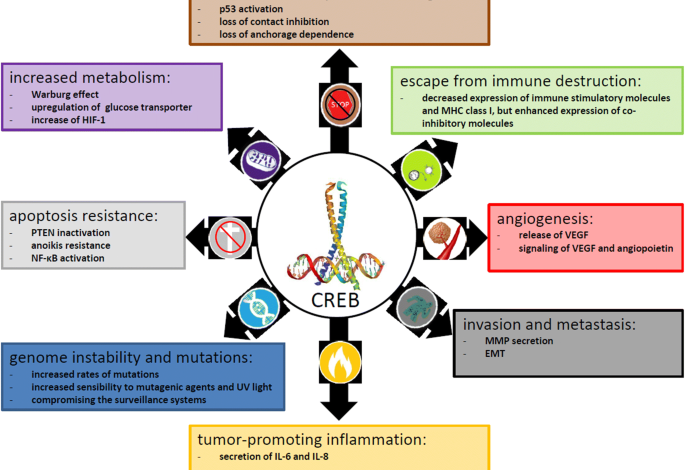CREB The Complete Guide to Understanding Its Role in Memory Learning and Gene Expression

CREB (cAMP Response Element-Binding protein) is a crucial transcription factor that plays a vital role in memory formation, learning, and cellular responses to external signals. This comprehensive guide explores in detail—its functions, mechanisms, and significance in neuroscience and medicine.
What is CREB? (H2)
CREB is a protein that binds to specific DNA sequences called cAMP response elements (CREs), regulating the expression of genes involved in various biological processes.
Key Functions of CREB (H3)
- Memory and Learning – Essential for long-term memory formation.
- Neuronal Plasticity – Helps brain cells adapt and strengthen connections.
- Cell Survival & Growth – Promotes neuron survival and development.
- Metabolism Regulation – Influences energy balance and glucose metabolism.
How Does CREB Work? (H2)
CREB is activated by signaling pathways, particularly those involving cAMP (cyclic AMP).
The CREB Activation Pathway (H3)
- Signal Reception – Neurotransmitters or hormones trigger cAMP production.
- Protein Kinase A (PKA) Activation – cAMP activates PKA.
- Phosphorylation – PKA phosphorylates enabling it to bind to DNA.
- Gene Transcription – Activated turns on genes that support memory and cell survival.
CREB in Memory and Learning (H2)
Research shows that is critical for converting short-term memories into long-term ones.
Studies on CREB and Memory (H3)
- Animal Experiments – Mice with increased activity show enhanced memory.
- Human Implications – Dysregulation of is linked to Alzheimer’s and other cognitive disorders.
CREB in Disease and Medicine (H2)
Alterations in function are associated with several diseases.
Diseases Linked to CREB Dysfunction (H3)
- Alzheimer’s Disease – Reduced activity affects memory.
- Depression – Low levels may contribute to mood disorders.
- Cancer – Some tumors exploit pathways for growth.
How to Boost CREB Naturally (H2)
Certain lifestyle changes and supplements may enhanceactivity.
Natural Ways to Support CREB (H3)
- Exercise – Increases cAMP, activating.
- Omega-3 Fatty Acids – Support brain health and function.
- Mental Stimulation – Learning new skills strengthens -related pathways.
FAQs About CREB (H2)
1. What does stand for?
stands for cAMP Response Element-Binding protein.
2. How does CREB affect memory?
It regulates genes that strengthen synaptic connections, essential for long-term memory.
3. Can CREB be targeted for treating diseases?
Yes, researchers are exploring -based therapies for Alzheimer’s and depression.
4. What happens if CREB is blocked?
Memory formation and neuronal survival may be impaired.
5. Are there drugs that influence CREB?
Some antidepressants and nootropics modulate activity.
Conclusion
CREB is a fundamental protein in brain function, influencing memory, learning, and cell survival. Understanding its mechanisms opens doors for treating cognitive disorders. By supporting through healthy habits, we may enhance brain health and longevity.



